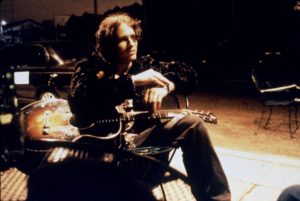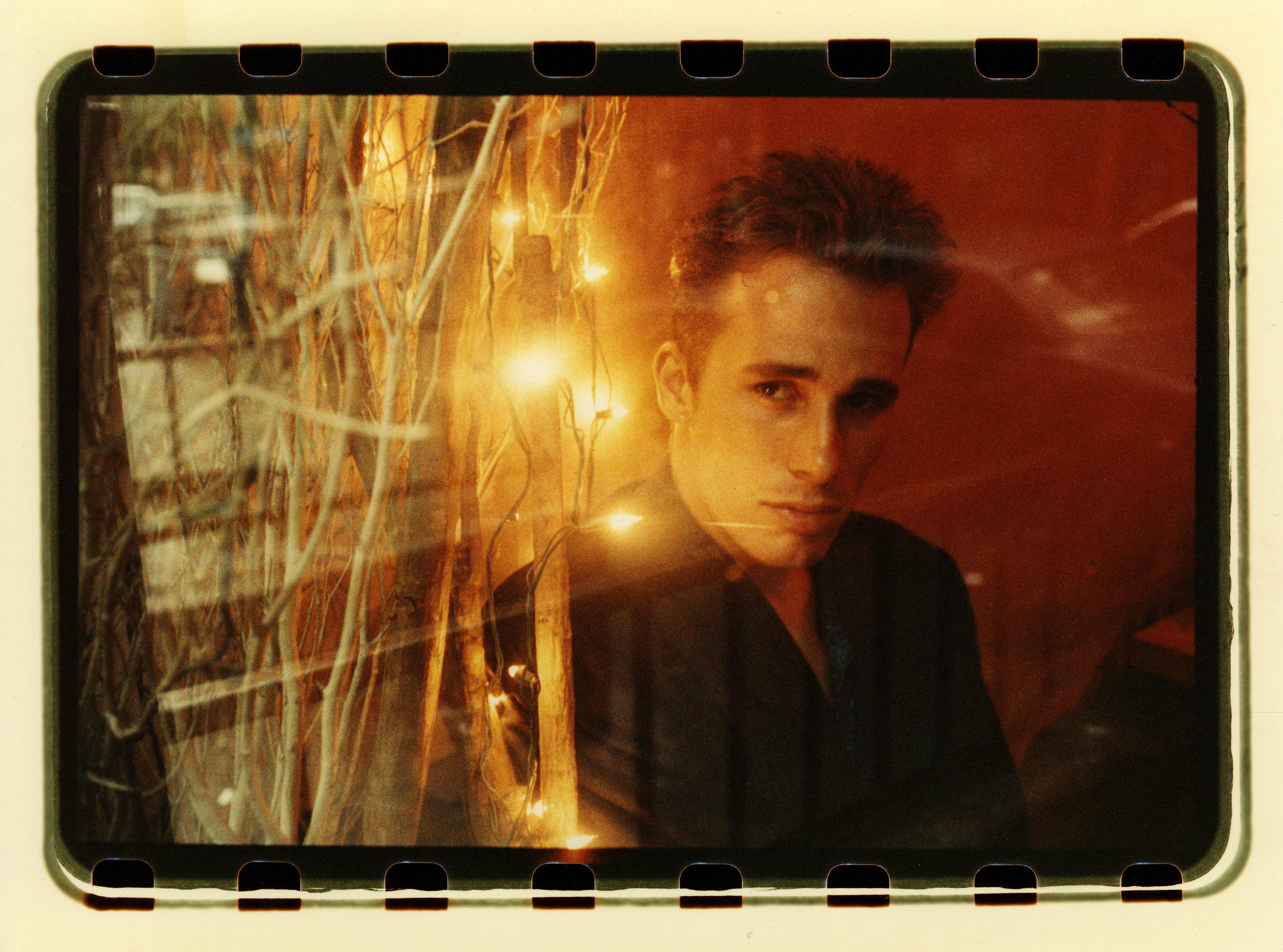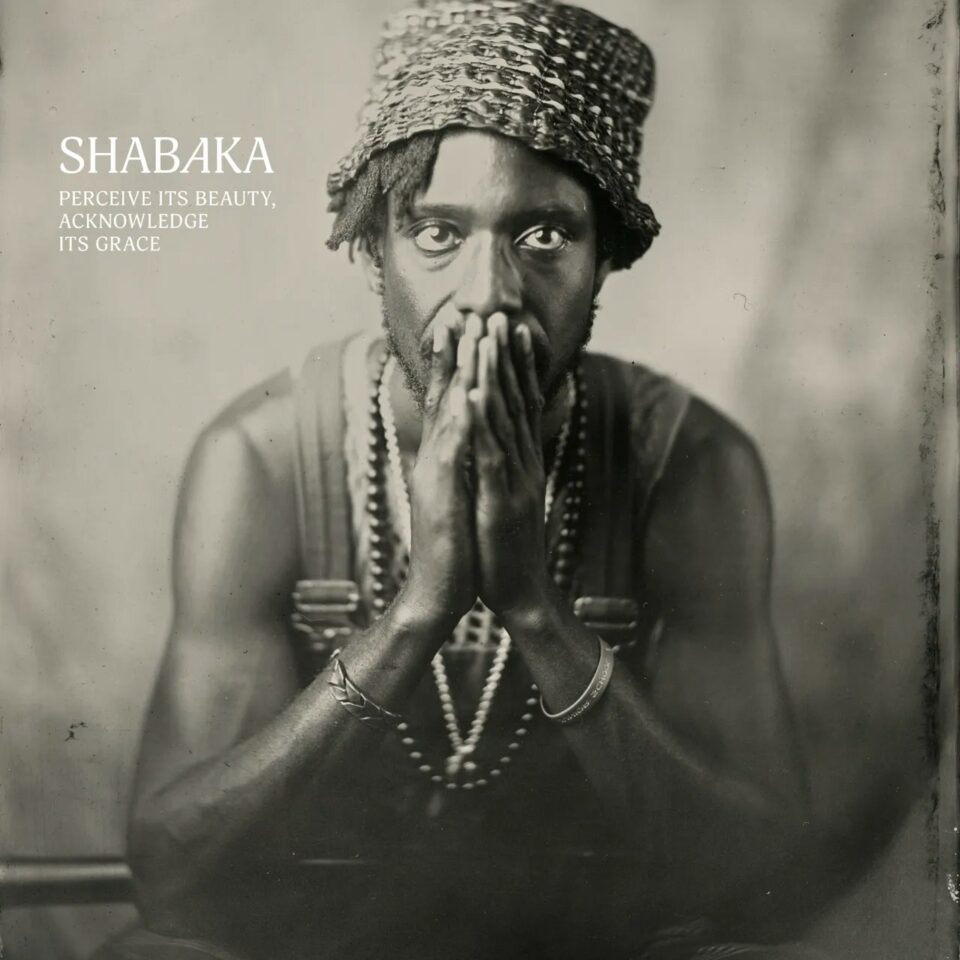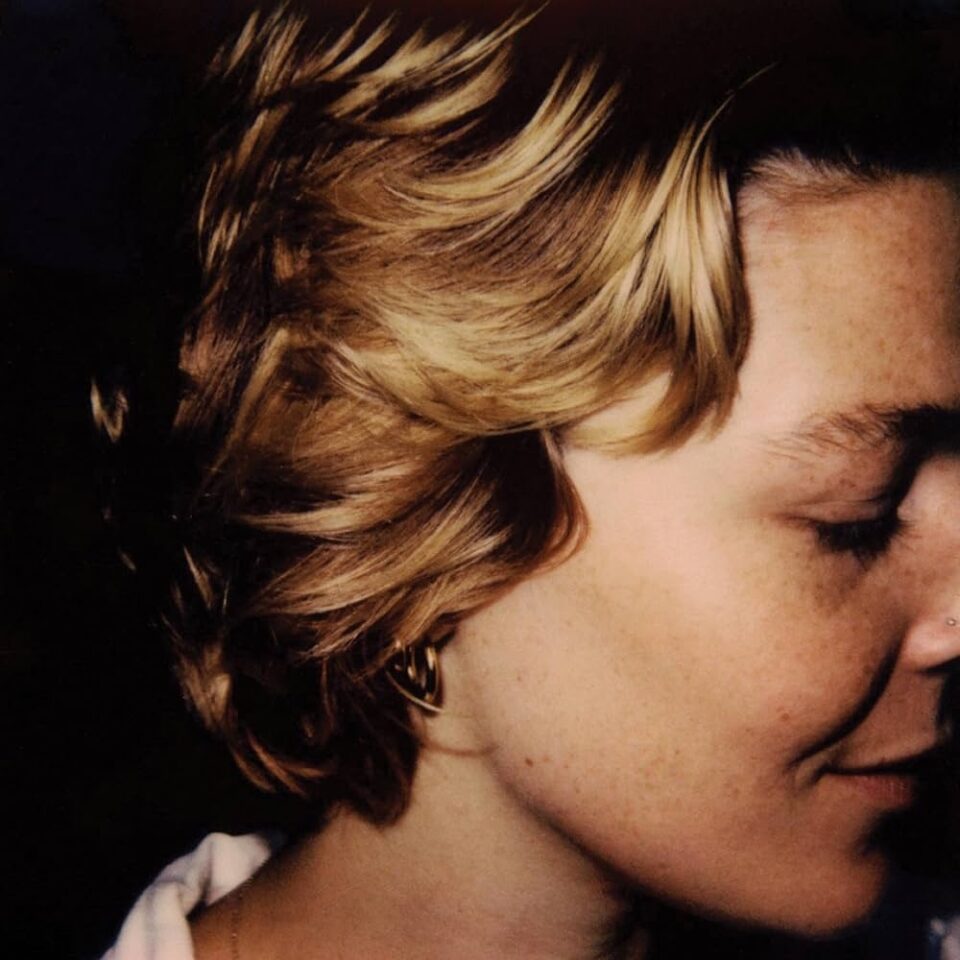Jeff Buckley’s voice and guitar playing was volcanic lightning, an embodiment of fire and cool so distinctive and mythical it’s easy to forget how human he was. An inimitable songwriter and itinerant romantic, his 1994 opus Grace remains a member of the Club of the Unexampled, a work that was strange and magical and entirely singular, but universally beloved all the same. It was also his only studio album.
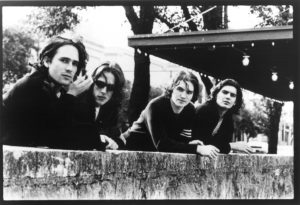 Buckley wasn’t just known for his originals—he was also good at impressions. “He was an amazing mimic,” says Michael Tighe, Buckley’s longtime rhythm guitarist and friend. “He’d imitate other singers or bands in rehearsal rooms, like Chris Cornell or Dave Matthews. It was fucking hilarious.”
Buckley wasn’t just known for his originals—he was also good at impressions. “He was an amazing mimic,” says Michael Tighe, Buckley’s longtime rhythm guitarist and friend. “He’d imitate other singers or bands in rehearsal rooms, like Chris Cornell or Dave Matthews. It was fucking hilarious.”
It’s a sentiment that’s not easily found throughout the heartworn and blistering songs that comprise Grace, but one that reveals itself through live recordings. “I’m a ridiculous person, and you’re lucky you’ve paid no money to see me,” Buckley proclaims on Live at Sin-é, his 1993 EP recorded at a coffeehouse in the East Village, Buckley’s stomping grounds before he was well-known. He also did an impression of Jim Morrison, complete with whoops and “woe-maaaan.” “He was this rare combination of someone who was very kind and generous, but also had a razor sharp wit and cartoon energy,” Tighe adds. “He was an amazing person I was immediately drawn to.”
Tighe met Buckley shortly after the singer-songwriter moved to New York in 1990, through Buckley’s then-girlfriend Rebecca Moore, a musician and performance artist who helped plug Buckley into the East Village scene. Even though Tighe was only seventeen at the time, the pair became fast friends, and they often played guitar together at his parents’ house. Buckley also met drummer Matt Johnson through Moore. “She mentioned that her boyfriend was looking for a drummer, and I gave her my number on a piece of paper,” Johnson recounts. “This was the early nineties, so he called and left a message on my answering machine, the kind that had a cassette tape in it.”
“Part of the reason he chose the band members was because we all had a very intuitive connection with him musically.” — Michael Tighe
Buckley soon recruited Johnson and bassist Mick Grøndahl, whom he affectionately referred to as “Jeffey” and “Mickey” in interviews. They auditioned during a jam session at Context Studios on the Lower East Side. “We played for a little bit of time and it seemed like he’d made his decision, like he heard something, or felt something that was reassuring to him,” Johnson recalls. “The interesting thing is that he did not sing.”
In lieu of traditional rehearsal, the trio tested the material Buckley had written for Grace during live gigs at area clubs like The Stone Pony in Asbury Park, NJ and Toad’s Place in New Haven, CT, before heading into a couple of rounds of pre-production. “It greatly helped with the recording process, to have a little time to just go out and play these songs,” Johnson says. “The sound ultimately ended up having a lot to do with who we were as people, our personalities and inclinations.” It also proved helpful during live performances where Buckley often demonstrated a love of improvising. “Part of the reason he chose the band members was because we all had a very intuitive connection with him musically,” Tighe adds.
Buckley brought Tighe aboard as a rhythm guitarist toward the end of the Grace sessions. “When he asked me to join, during one of those first rehearsals, he said to me, ‘Remember that riff you played me a year and a half ago at your parents’ place?’” Tighe remembers. These notes became the motif of “So Real,” the fifth song on the album, and one the band composed on the spot. When they headed into the studio to record it, and b-sides like a cover of Big Star’s “Kangaroo,” Buckley hadn’t written the lyrics yet. “We did the instrumental, and he got the chorus,” Tighe says. “Then that night, he just kinda took a walk around Hell’s Kitchen right near where Sony [Music] Studios was. He came up with those verses, and recorded them in like two takes.”
“He was a great band leader. He could have been really stringent or more of a hardass than he was, but he was pretty nice about it all.”
— Matt Johnson
Buckley, Tighe, Grøndahl, and Johnson became the tight-knit quartet that toured Grace around the world, when the album had yet to see the acclaim it would receive in the wake of Buckley’s death.
“He was a great band leader,” Johnson says. “He could have been really stringent or more of a hardass than he was, but he was pretty nice about it all.” Looking back on the record’s impact twenty-five years later, there’s an overwhelming gratitude from the two men who just happened to part of one of the most enduring and beloved albums of the ’90s. “I’m just extremely proud of it, and I think it holds up so well,” Tighe says. “It’s one of the more special albums out there.” FL
Columbia/Legacy Recordings is celebrating today’s twenty-fifth Grace anniversary with multiple first time digital releases, plus an expansion of Buckley’s online catalog. This includes a previously unreleased 1994 live vid of “Lover, You Should’ve Come Over” and the first ever release of “Sky Blue Skin,” one of the last demos recorded by Buckley before his death. Additionally, four complete live sets will become available, with music that was for the most part previously unreleased (Live At Wetlands, ’94, Live From Seattle ’95, Cabaret Metro, ’95, and Live at Columbia Records Radio Hour, a full-band show recorded in ’95). There’s also a fresh line of JB merch.
